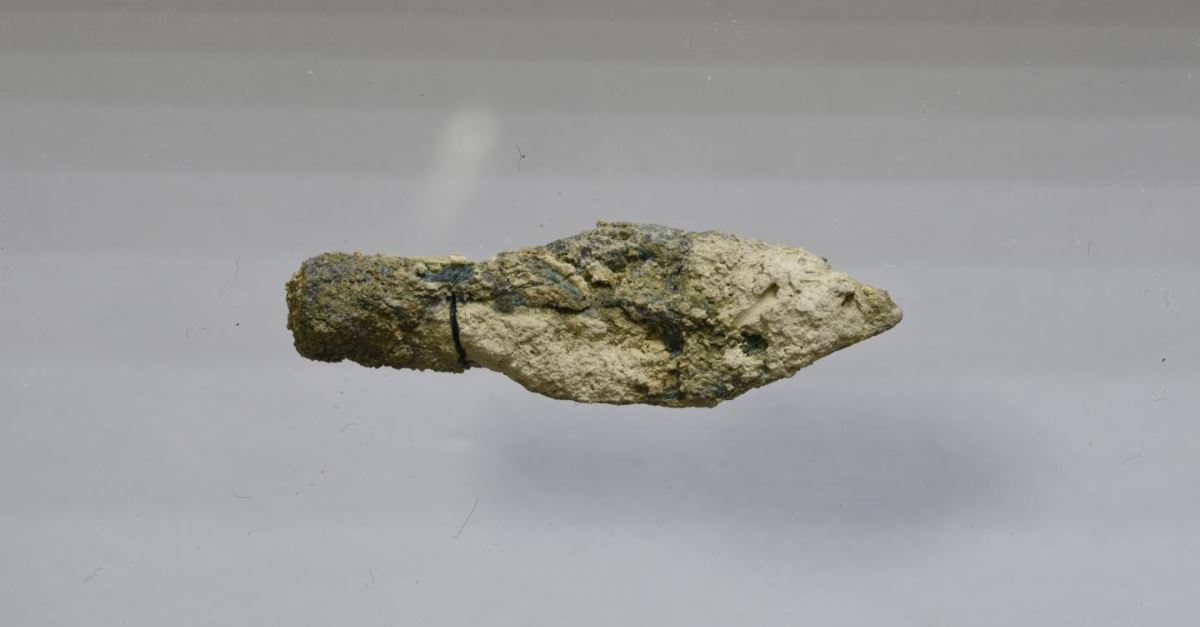The Babylonian conquest of Jerusalem more than 2,500 years ago was one of the key moments in biblical history, representing God’s judgment but also his grace and mercy.
The Babylonian conquest took place some four centuries after the reigns of King David and King Solomon and during a period when the people of Judah rejected God and worshipped false gods. The Babylonians burned the temple and took the people of Judah into captivity in Babylon, where they remained for 70 years.
The book of Lamentations records the prophet Jeremiah weeping over the destruction of Jerusalem but looking forward to a time when God would lift his hand of discipline: “The Lord will not cast off forever. … but though he cause grief, yet he will have compassion” (Lamentations 3:31-32). Jeremiah also rejoiced that God did not completely destroy the people of Judah. God was merciful (Lamentations 3:22-23).
Now, archaeologists digging in modern-day Jerusalem say they have uncovered “clear” archaeological evidence affirming the account as described in 2 Kings 25. Researchers from the University of North Carolina at Charlotte uncovered Babylonian-style arrowheads and layers of ash alongside lamps, potsherds and gold and silver jewelry they believe is either a tassel or earring. The discovery is “clear evidence of the Babylonian conquest of the city” dating to 587/586 BC, according to a UNC Charlotte press release. Significantly, the pottery and lamps were found side-by-side with evidence of the Babylonian siege “represented by burnt wood and ashes,” the press release said. The items were unearthed at the geographical location the […]
Click here to view the original web page at www.christianheadlines.com




